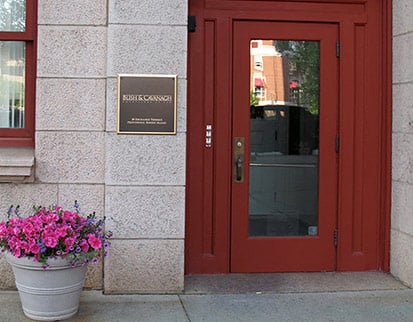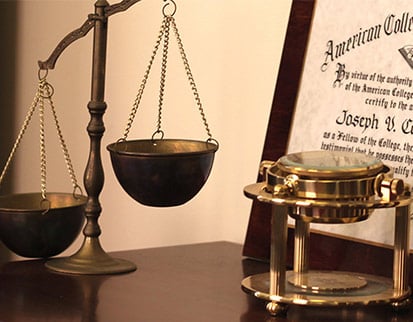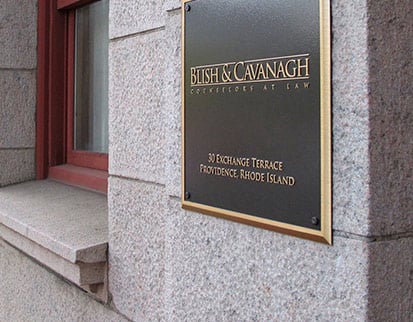Your parents left you significant holdings in a trust, with rules about how the money is supposed to be doled out over time – none of which trouble you much.
What does trouble you, however, is the trustee they’ve chosen. Maybe the trustee is a relative, or maybe they’re a stranger, but you have significantly less faith in this trustee’s abilities or honesty than your parents did.
Is there anything you can do about it? Maybe. Learning more about a trustee’s fiduciary duty and what makes a bad trustee can help inform your next move.
Signs a trustee is violating their fiduciary duty to you and the trust
A trustee is tasked with a big job, but everything they do must always comply with their fiduciary duty to the trust and its beneficiaries. That means the trustee is legally bound to look after your best interests, even to the exclusion of their own.
You may personally dislike or doubt the trustee, but you generally need some hard evidence that the trustee isn’t doing their job to remove them from the position. That can include things like:
- Not keeping transparent records: Your trustee needs to keep good books. That includes a record of disbursements and investments. If your trustee can’t tell you where every dollar is, that’s a reason to ask questions.
- Refusing to make proper distributions: The trustee has to follow the rules. If they let their personal biases come into play or withhold distributions for no real reason, that’s a sign of trouble.
- Commingled funds: If the trustee has mixed their own funds in with that of the trust, that’s an indication they may be using the trust as their own personal piggy bank.
- A conflict of interest: Did the trustee invest the trust’s money into a company they own or have some interest in? That’s not necessarily in your best interests.
It’s frustrating to deal with a trustee in whom you’ve lost faith. The wisest thing you can do in that kind of situation is to learn more about your legal options.








